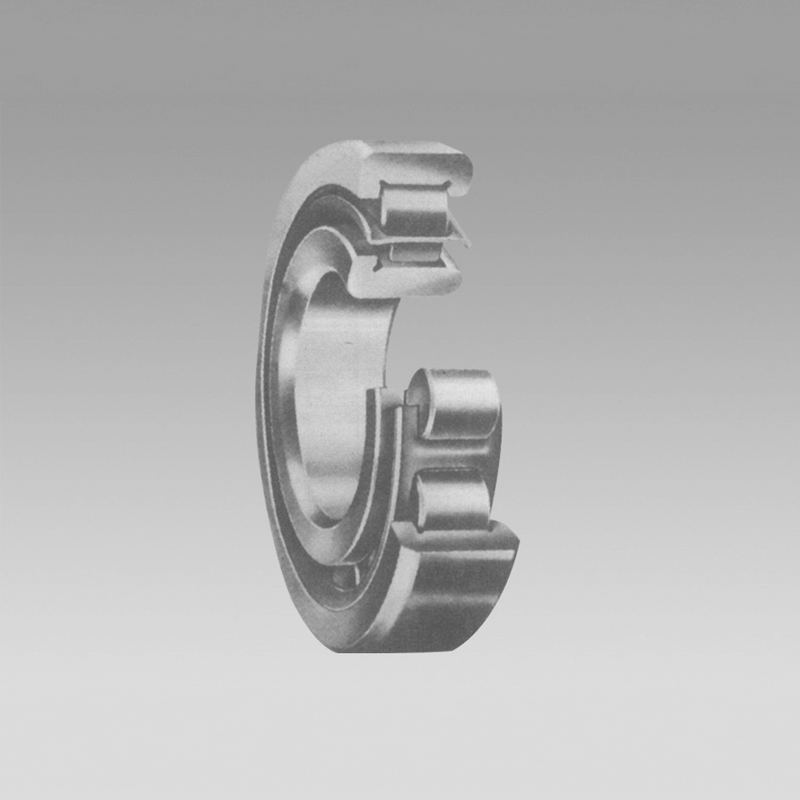
Nov . 05, 2024 19:43 Back to list
machinery bearings lubricants
The Importance of Lubricants in Machinery Bearings
Machinery bearings play a pivotal role in ensuring the smooth operation and efficiency of various mechanical systems. They serve as critical components that reduce friction between moving parts, support loads, and enable rotary motion. However, their functionality is highly dependent on the quality and properties of the lubricants used.
The Importance of Lubricants in Machinery Bearings
There are generally two main types of lubricants for bearings oils and greases. Oil-based lubricants are commonly used in situations where high-speed operations are involved. They can efficiently dissipate heat generated by friction due to their liquid nature, allowing for cooler operation of the machinery. Additionally, oils can penetrate into tight spaces and provide lubrication to multiple bearings simultaneously. On the other hand, greases, which are oils thickened with a soap or other substance, are favored in applications where sealed bearings are used, or when lubrication is needed long term without frequent reapplications.
machinery bearings lubricants

Choosing the right lubricant involves considering several factors, including operating conditions, temperature ranges, and the environment in which the machinery operates. For instance, extreme temperatures or exposure to contaminants such as water, dust, and chemicals can drastically alter the properties of lubricants, thus affecting their performance. Therefore, it is vital to select lubricants that are formulated for specific operating conditions.
Furthermore, the viscosity of the lubricant plays a crucial role in its performance. Viscosity refers to the thickness of the lubricant; higher viscosity fluids provide better film strength and can withstand heavier loads, whereas lower viscosity fluids may offer better flow and lower energy consumption. In applications involving high-speed rotation, it is often recommended to use lower viscosity oils to ensure adequate lubrication without excessive drag.
Regular maintenance and monitoring of lubricant conditions are essential for optimal bearing performance. Over time, lubricants can become contaminated or break down due to heat and shear stress. Consequently, implementing a reliable lubrication schedule, which includes checking lubricant levels and conditions, is critical to prevent premature bearing failure.
In conclusion, lubricants are an indispensable component in the operation of machinery bearings. Selecting the appropriate lubricant and maintaining it regularly can lead to increased efficiency, reduced operational costs, and extended lifespan of machinery. As technology evolves, the development of advanced lubricant formulations continues to enhance the performance and reliability of bearings across various industries.
Latest news
-
Grooved Ball Bearing Design and Functionality
NewsJun.04,2025
-
Concrete Mixer Bearing Load Capacity Testing
NewsJun.04,2025
-
6004 Bearing Dimensions in Robotic Joint Designs
NewsJun.04,2025
-
Advantages of Single-Row Deep Groove Ball Bearings
NewsJun.04,2025
-
Applications of Deep Groove Ball Bearings in Automotive Systems
NewsJun.04,2025
-
Innovations in Bearing Pressing Machine Design
NewsJun.04,2025
